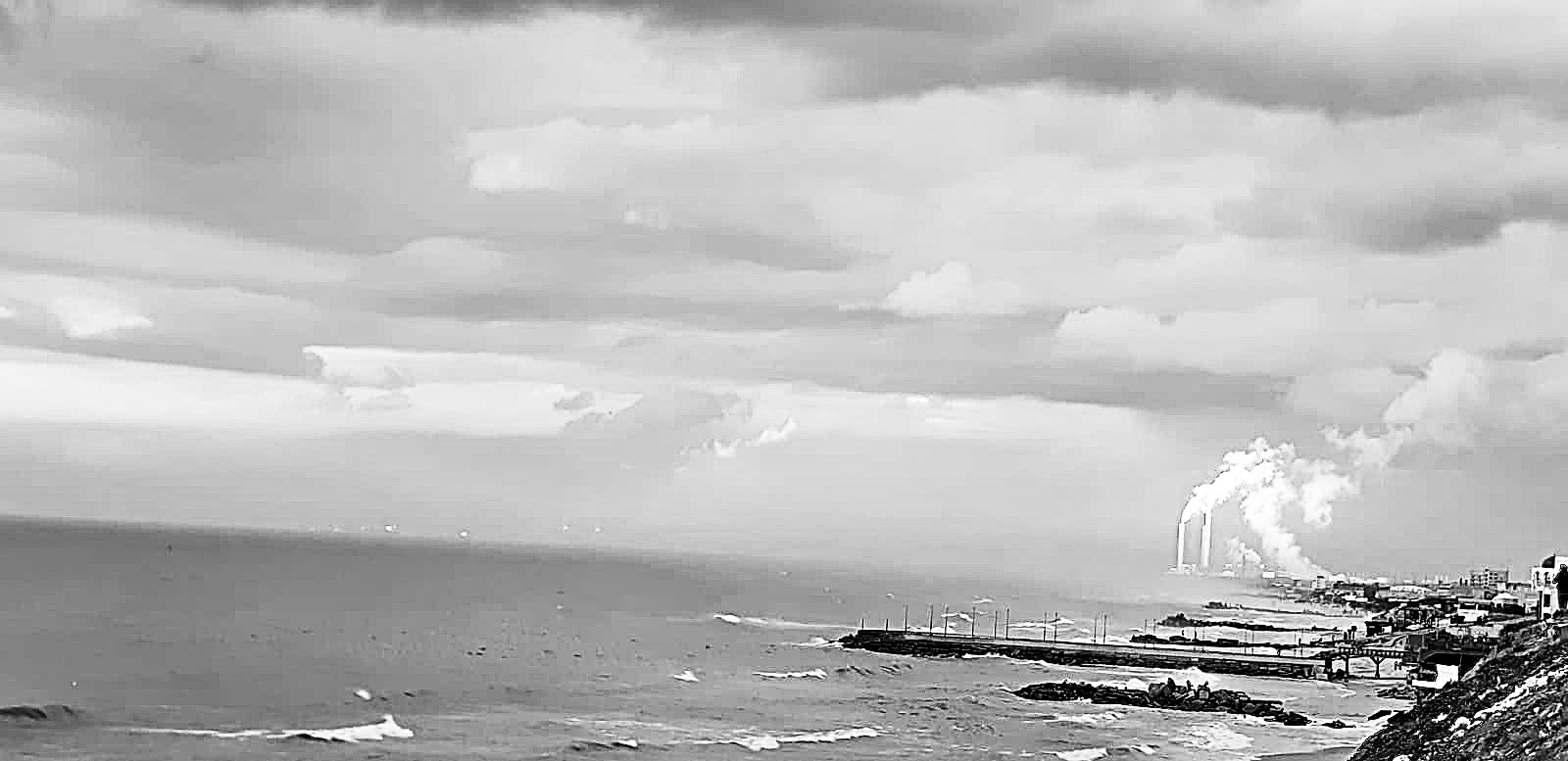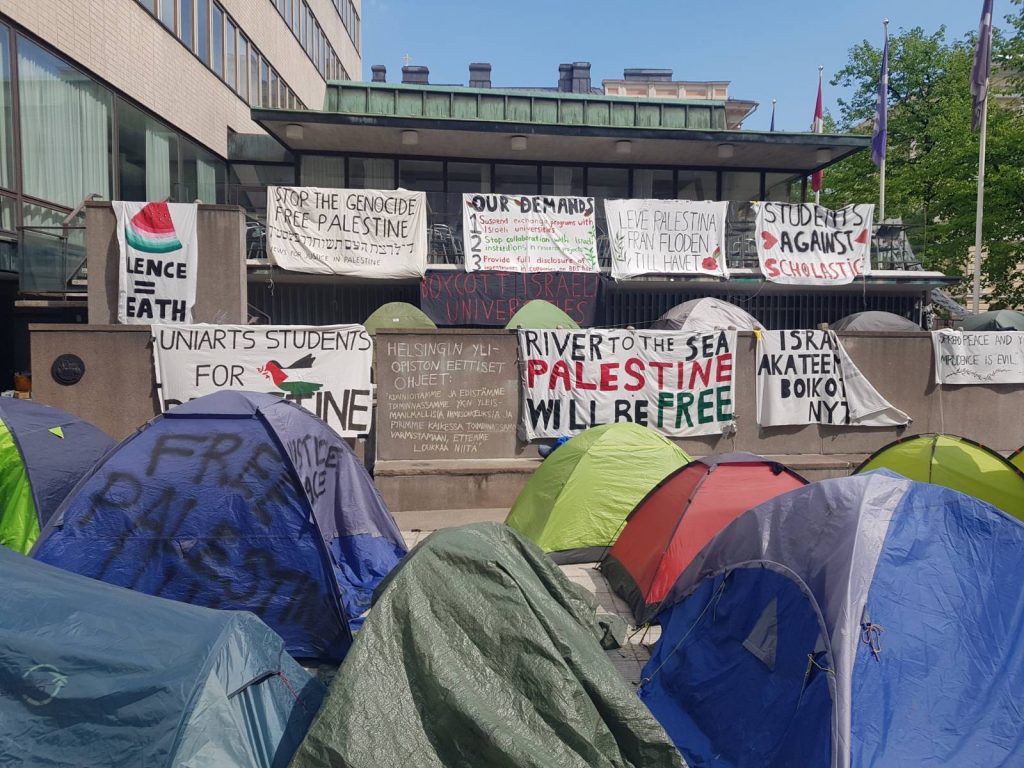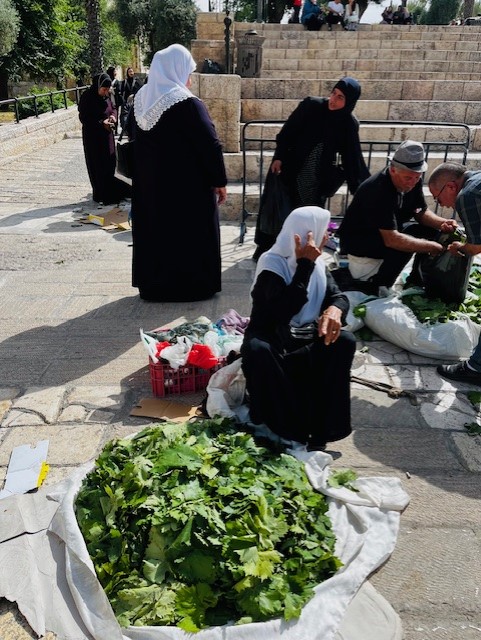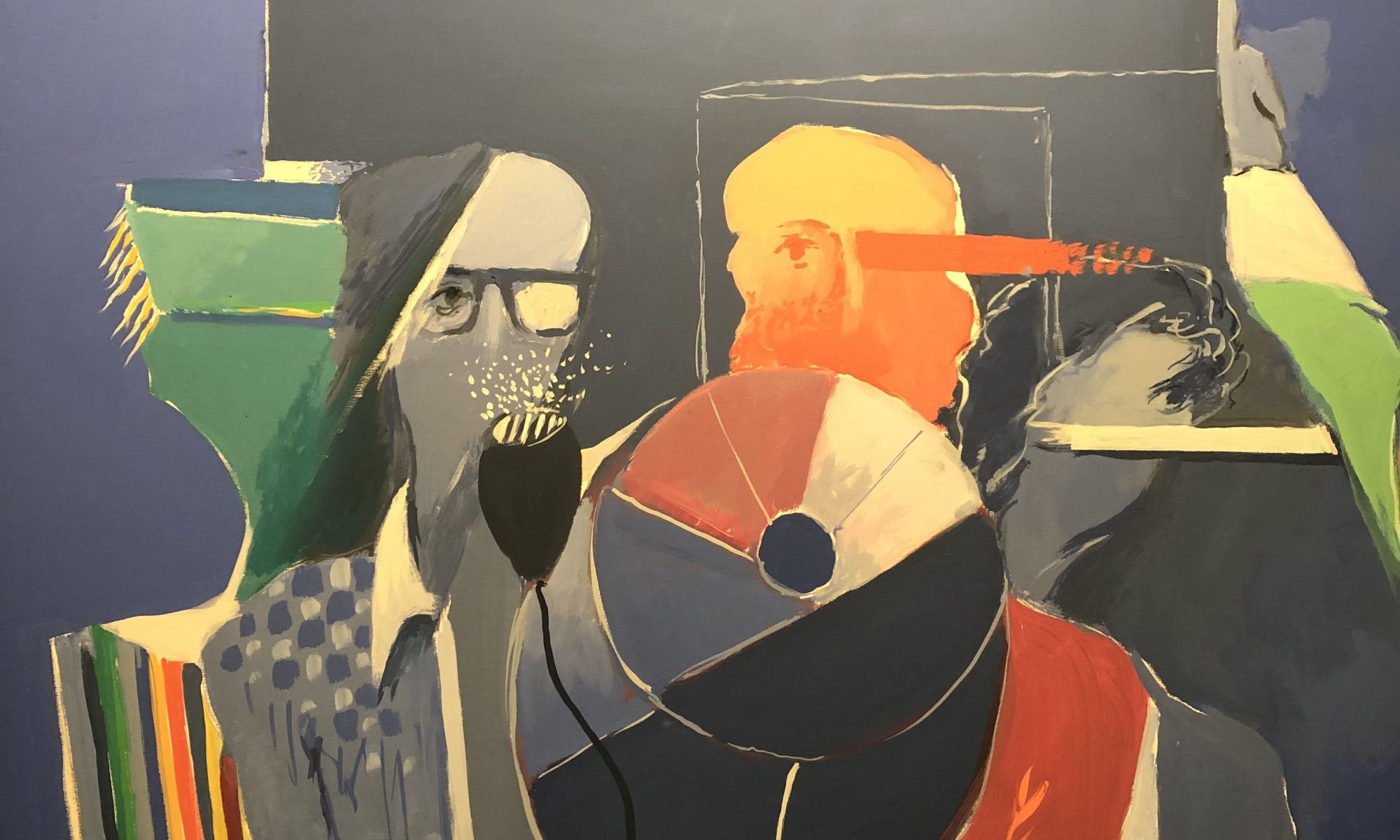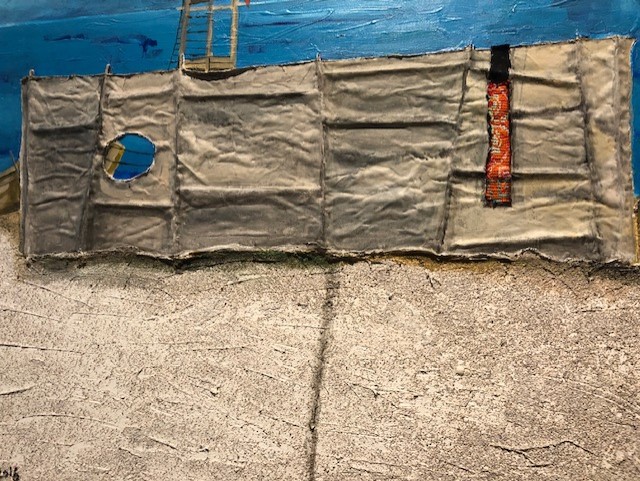On May 22nd, 2024, Anaïs Duong-Pedica from the OLIVE project interviewed Tahani Al Dahdouh, an educator and postdoctoral research fellow at Tampere University. Originally from Gaza, Tahani’s research focuses innovativeness, digitalization and professional development in higher education. In Part 1 of this interview, published last week, Tahani talked about higher education in Palestine and the impact of Israeli colonialism and occupation on Palestinian education, online teaching and learning, and teachers’ resilience in Gaza. In Part 2, we talk about Tahani’s research on Palestinian teachers use of online teaching, transnational pedagogical development training in Palestinian higher education and her thoughts on resuming education in Gaza.
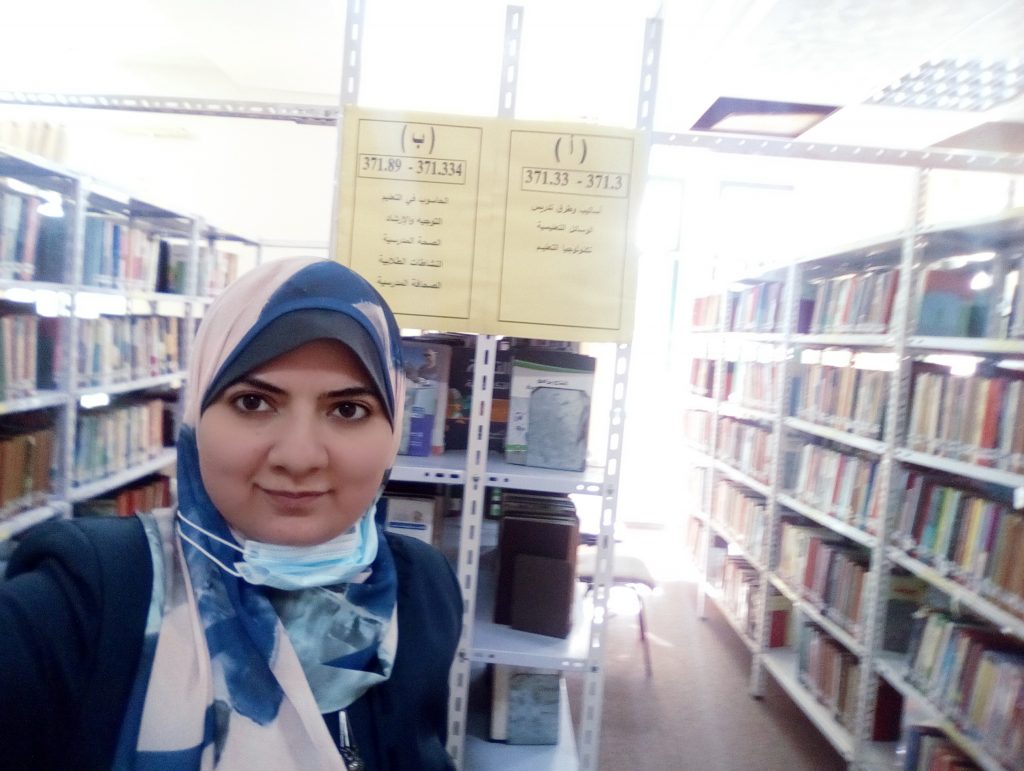
Anaïs Duong-Pedica (ADP): What challenges and opportunities does online teaching pose for teachers in Palestinians universities? In part one of the interview, you already mentioned this lack of access to electricity, difficulty accessing the internet, and in terms of opportunity, the fact that online teaching allows to continue education in a situation of emergency. But are there any challenges and opportunities that you think about that you’ve not mentioned?
Tahani Al Dahdouh (TAD): All of these challenges were cited by participants in the article and some of them are also shared by teachers worldwide: suddenly moving to teach online and increasing the workload and the difficulty to achieve a work and life balance, because teachers were working mainly from home. But other challenges were specific to conflict areas, such as in Palestine, like the lack of resources, the lack of infrastructure, the lack of Internet and electricity connections, financial constraints, and so on.
But for me, I can see that the online teaching experience during the pandemic has brought several affordances to teachers there. As the proverb says, it was a blessing in disguise. This is also the case in the words of the teachers themselves: They said that without COVID, they would have perhaps never delved into online teaching, and people are the enemy of what they are ignorant of. During the COVID pandemic, they were forced to delve into online teaching, and they were also forced to collide with the reality, to explore different techniques and reflect on their practices to navigate what worked and did not work. For example, I can give you a quote from a teacher, when he said that “at the beginning, when we shifted to online teaching, I relied on the PowerPoint presentation that I already had prepared even before COVID.” When he started to teach using the Zoom, he discovered that this is not the right way to teach. He felt there were some issues related to student engagement and interaction. He didn’t know if the students are following him as he uses the Powerpoint slides. What happened with that teacher is that he started to reflect on the way he taught, and he started also to rebuild and re-develop the learning materials in order to make them more engaging for the students. This is how teachers also changed their behaviors, attitudes and perceptions when they experienced online teaching during COVID.
Continue reading ““As long as we have the faith, the desire and the resilience”: Interview with Tahani Al Dahdouh for the OLIVE Project (Part 2)”